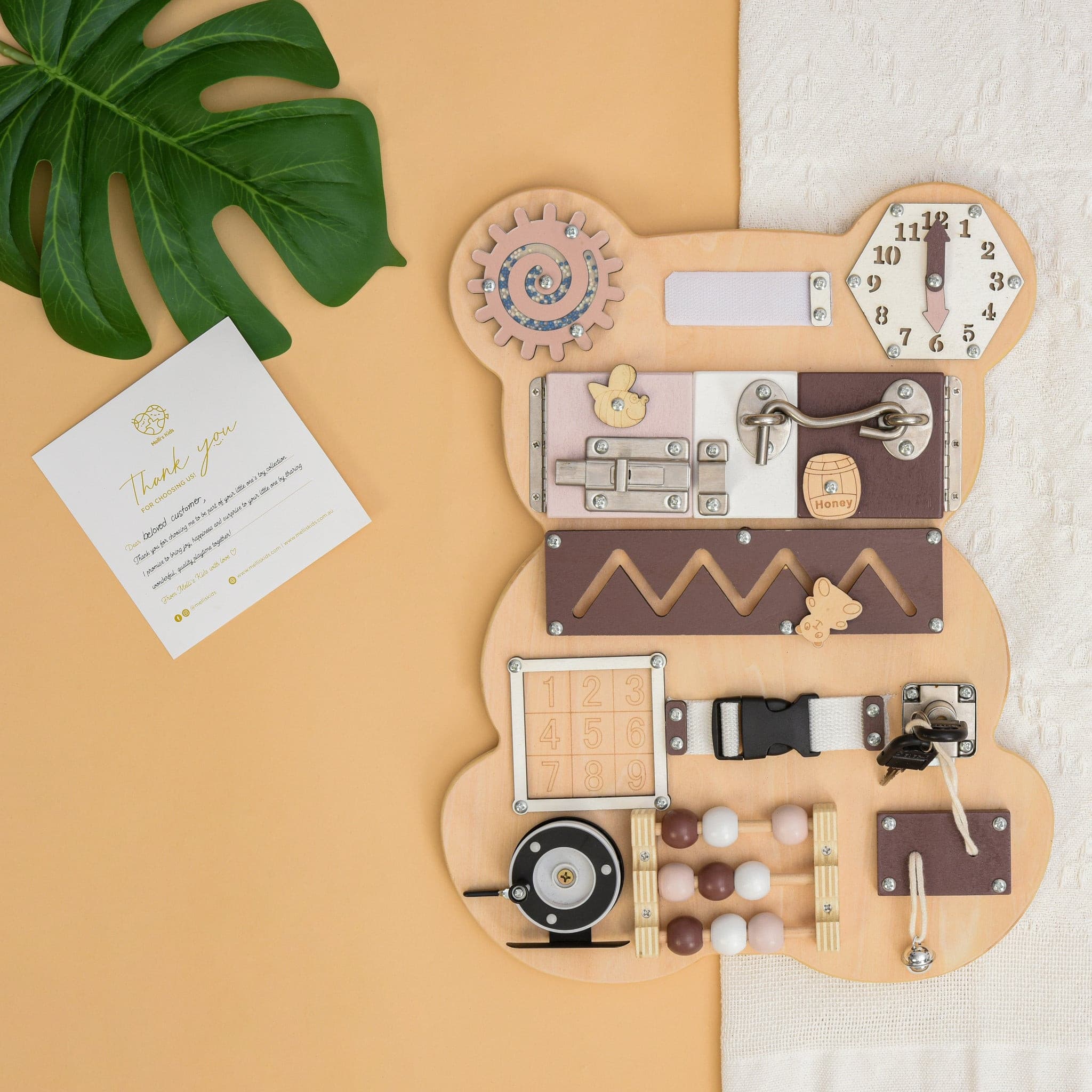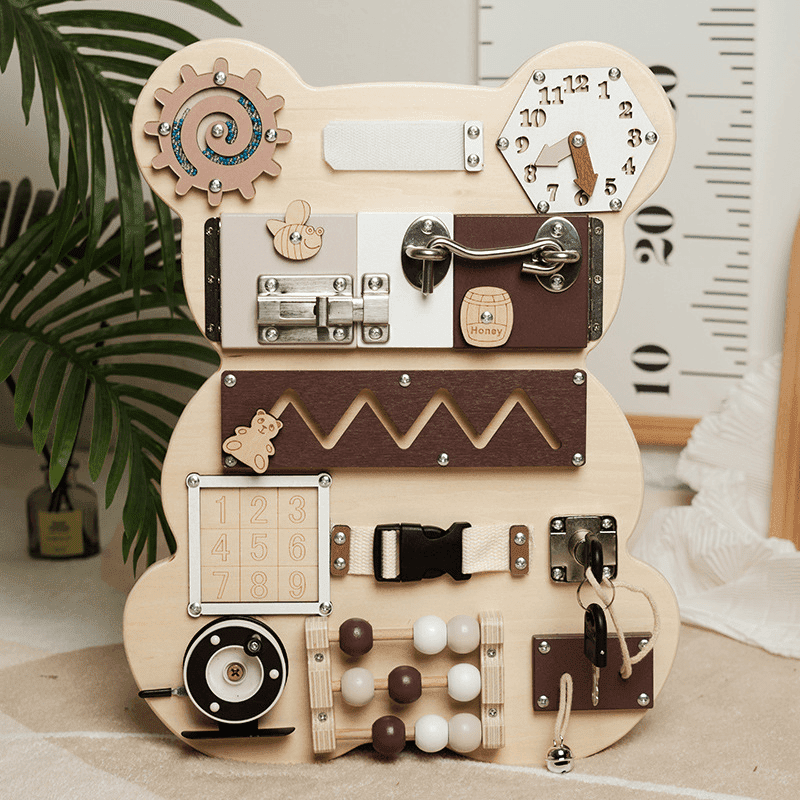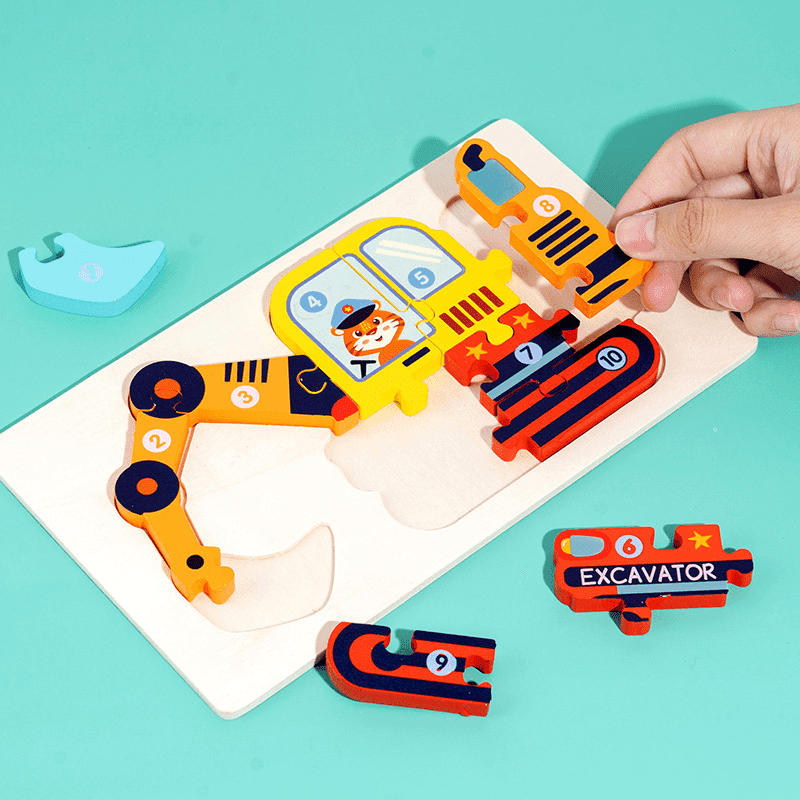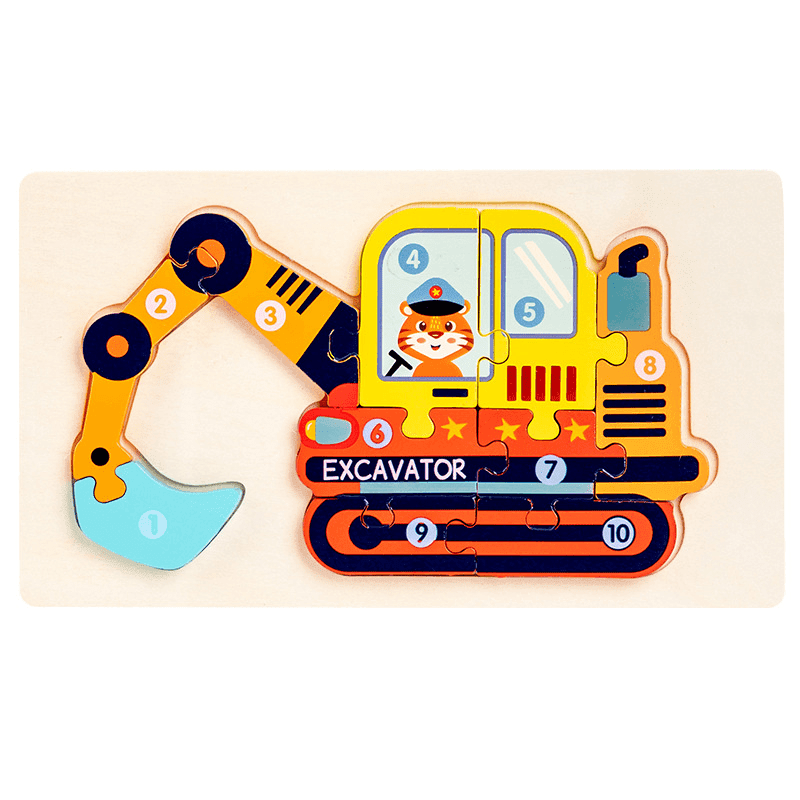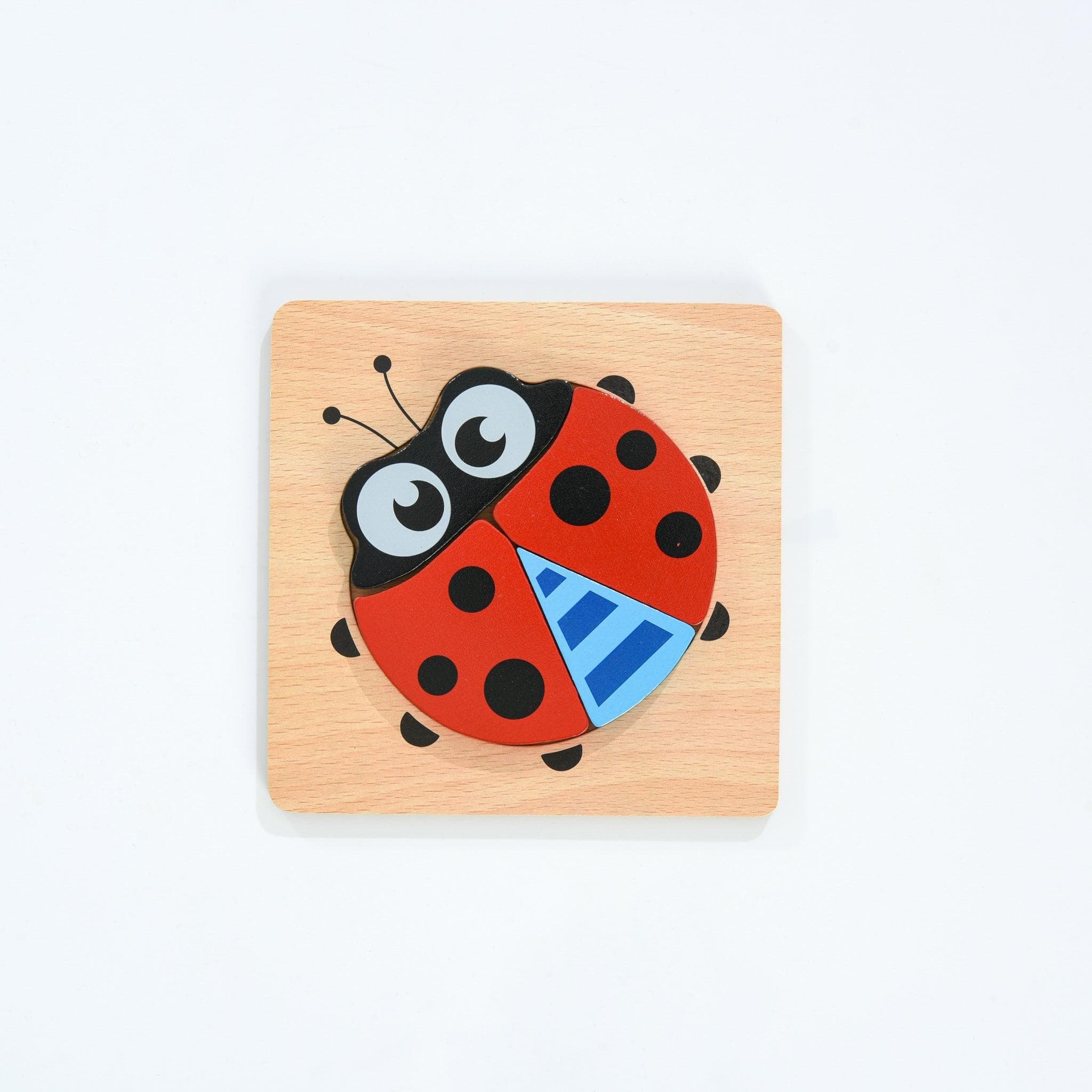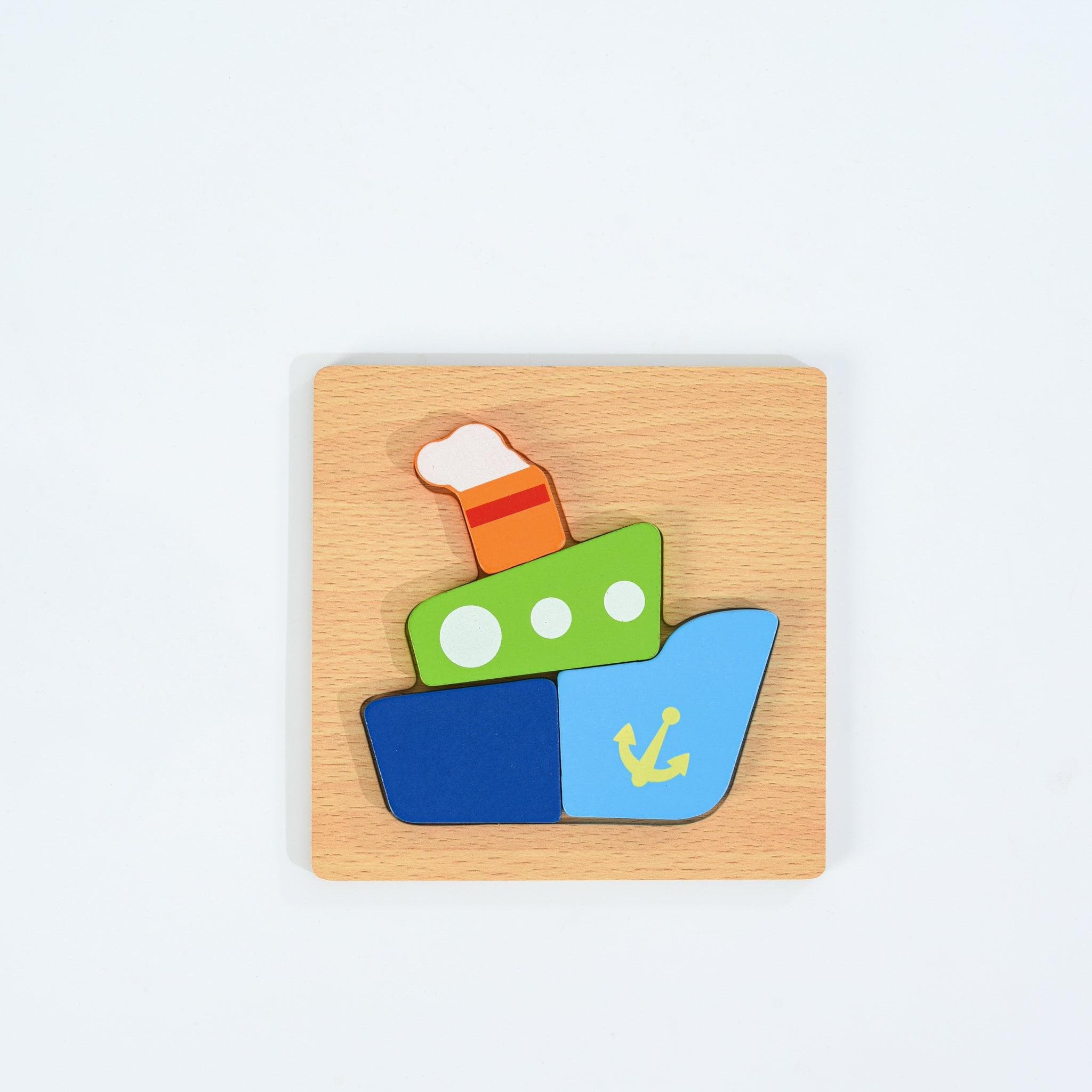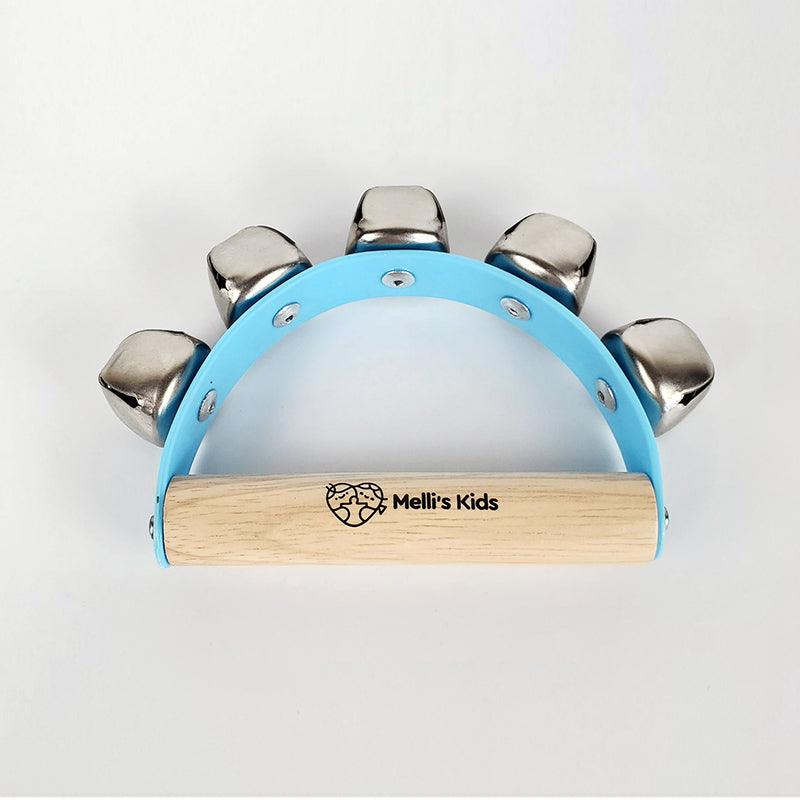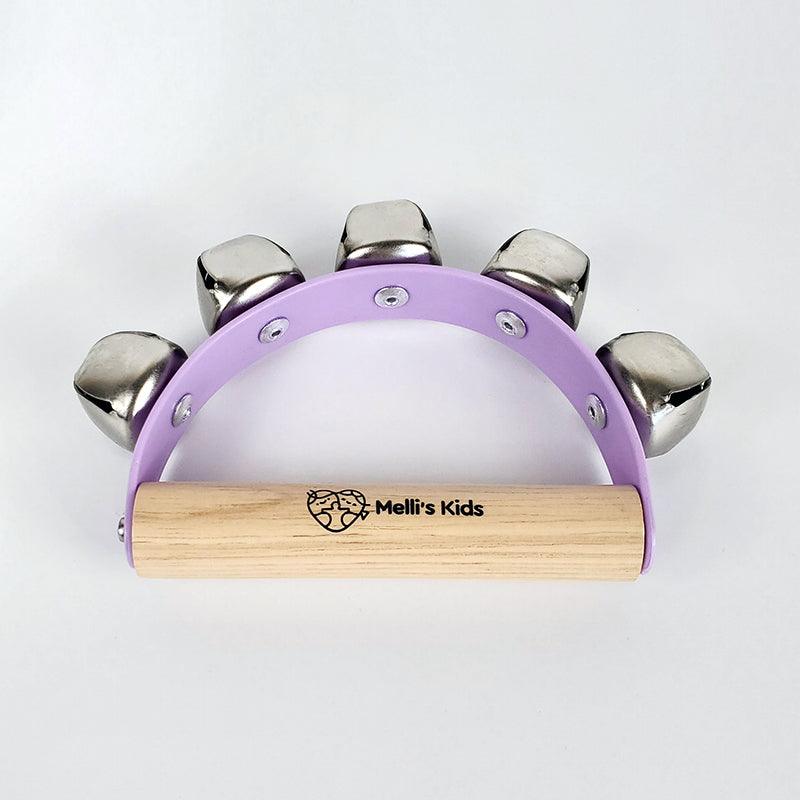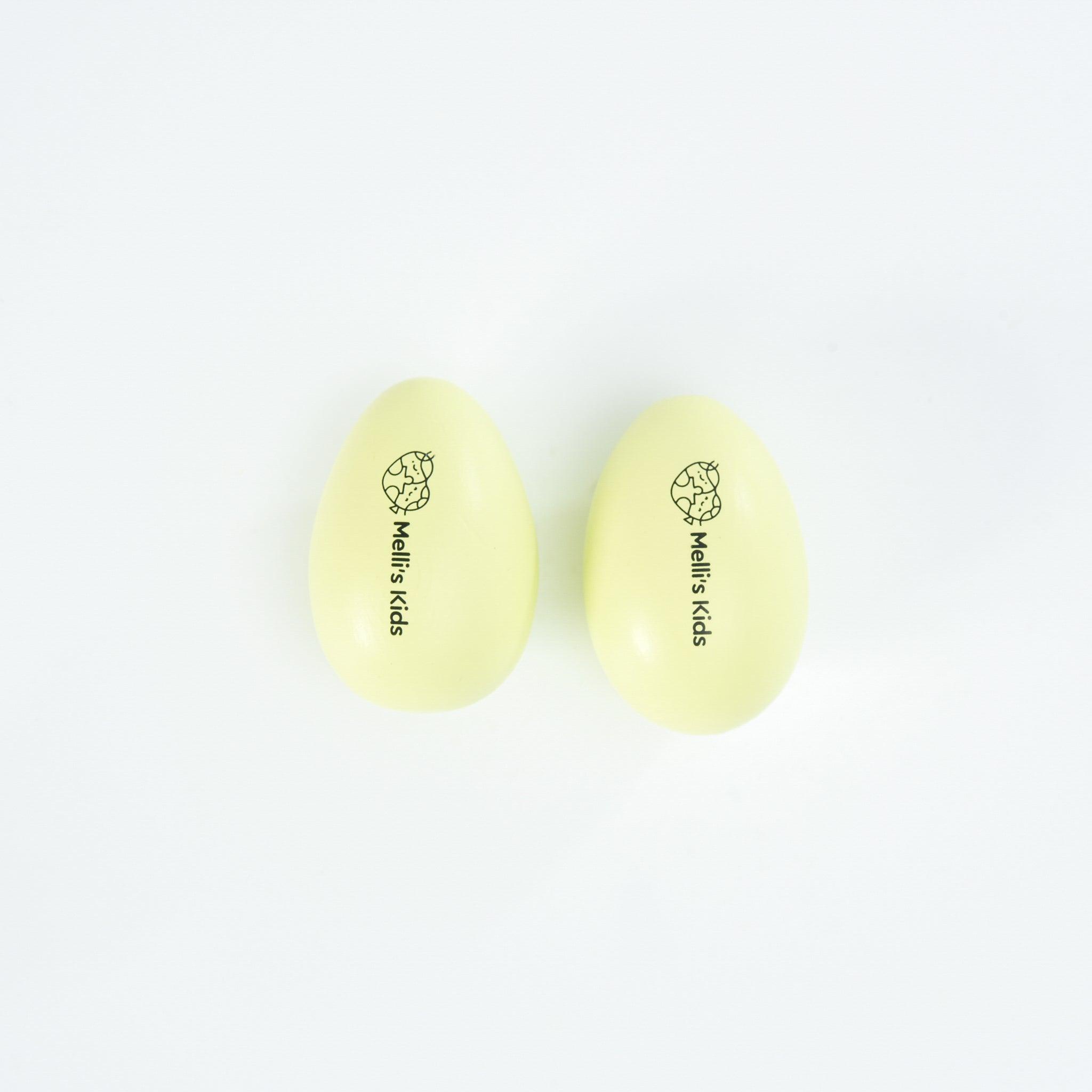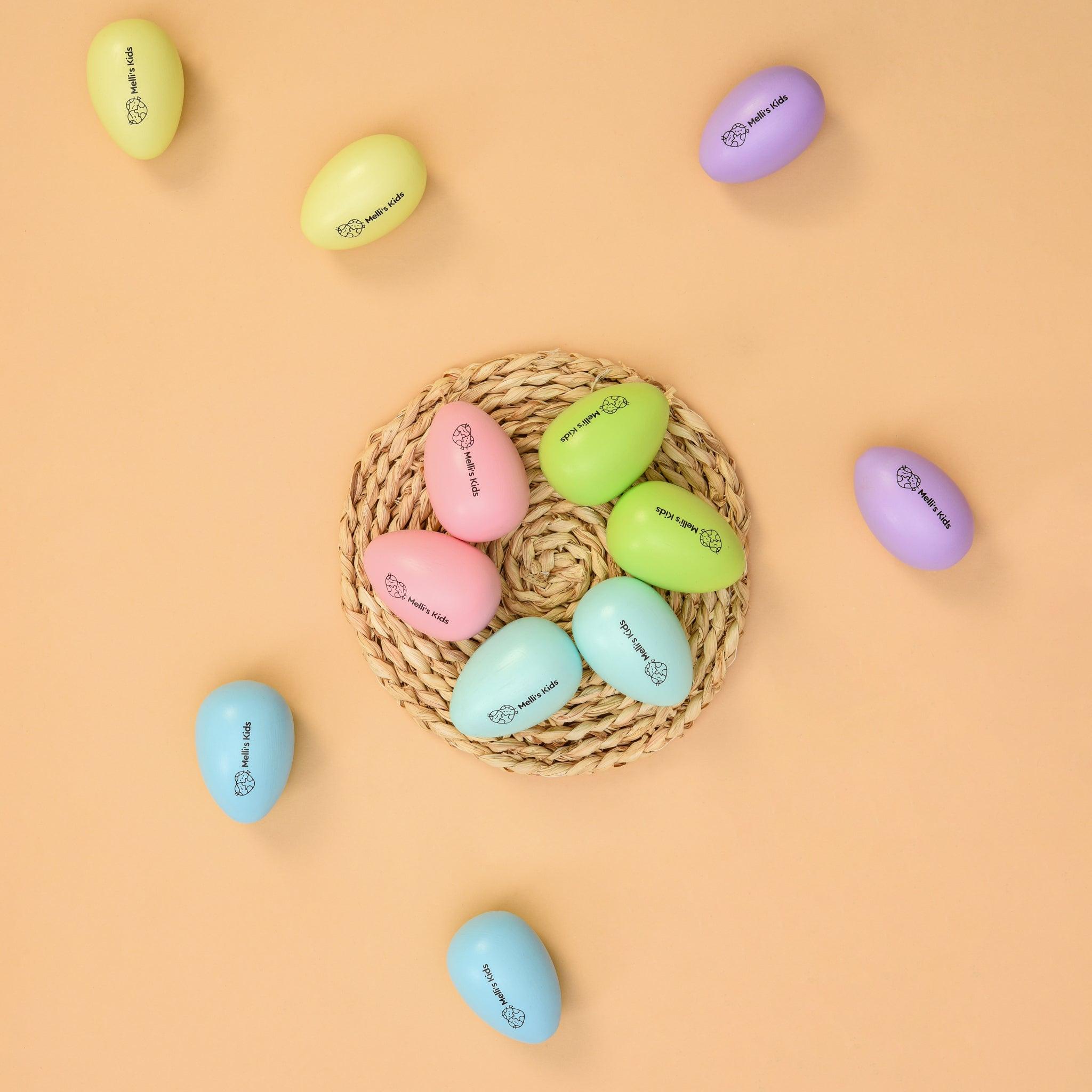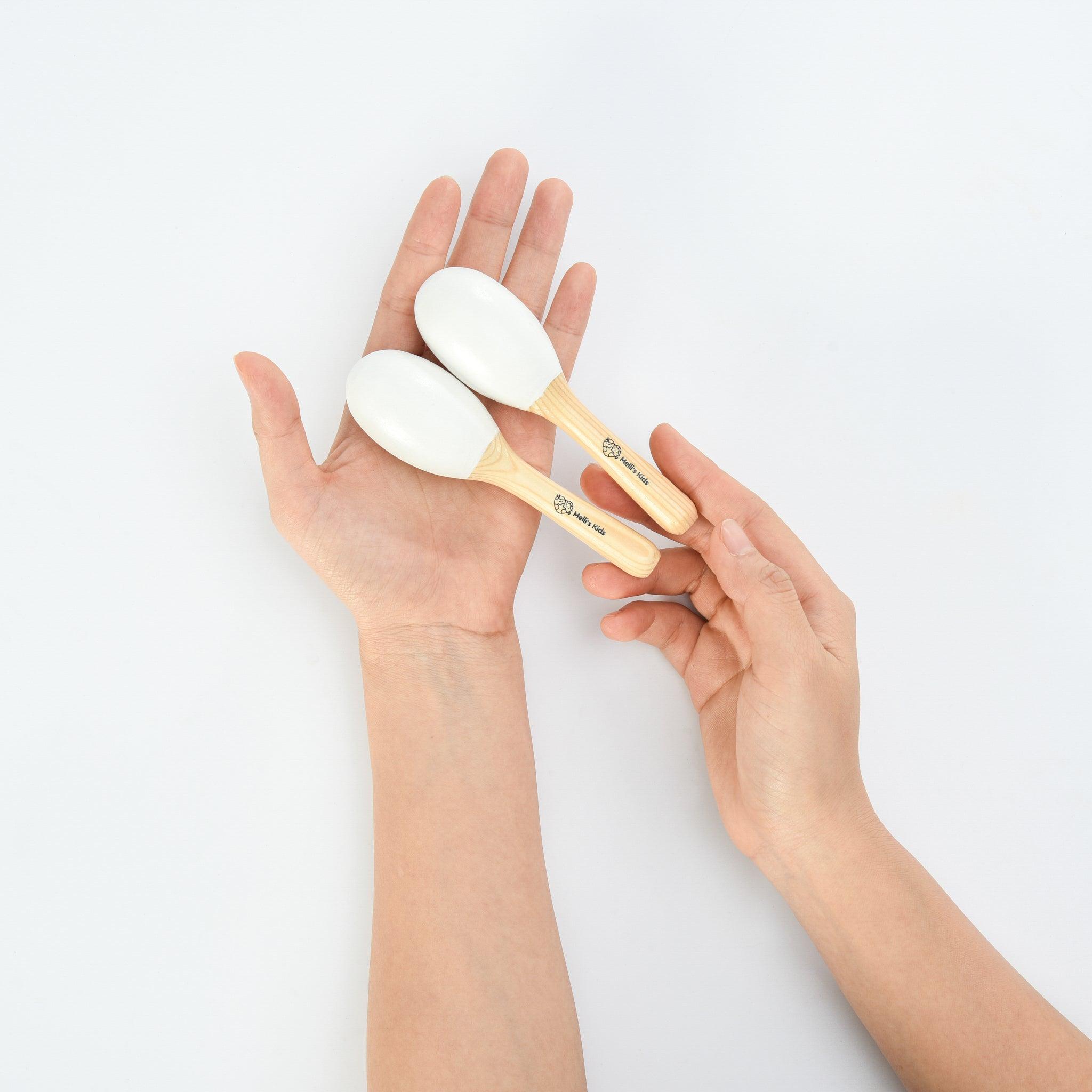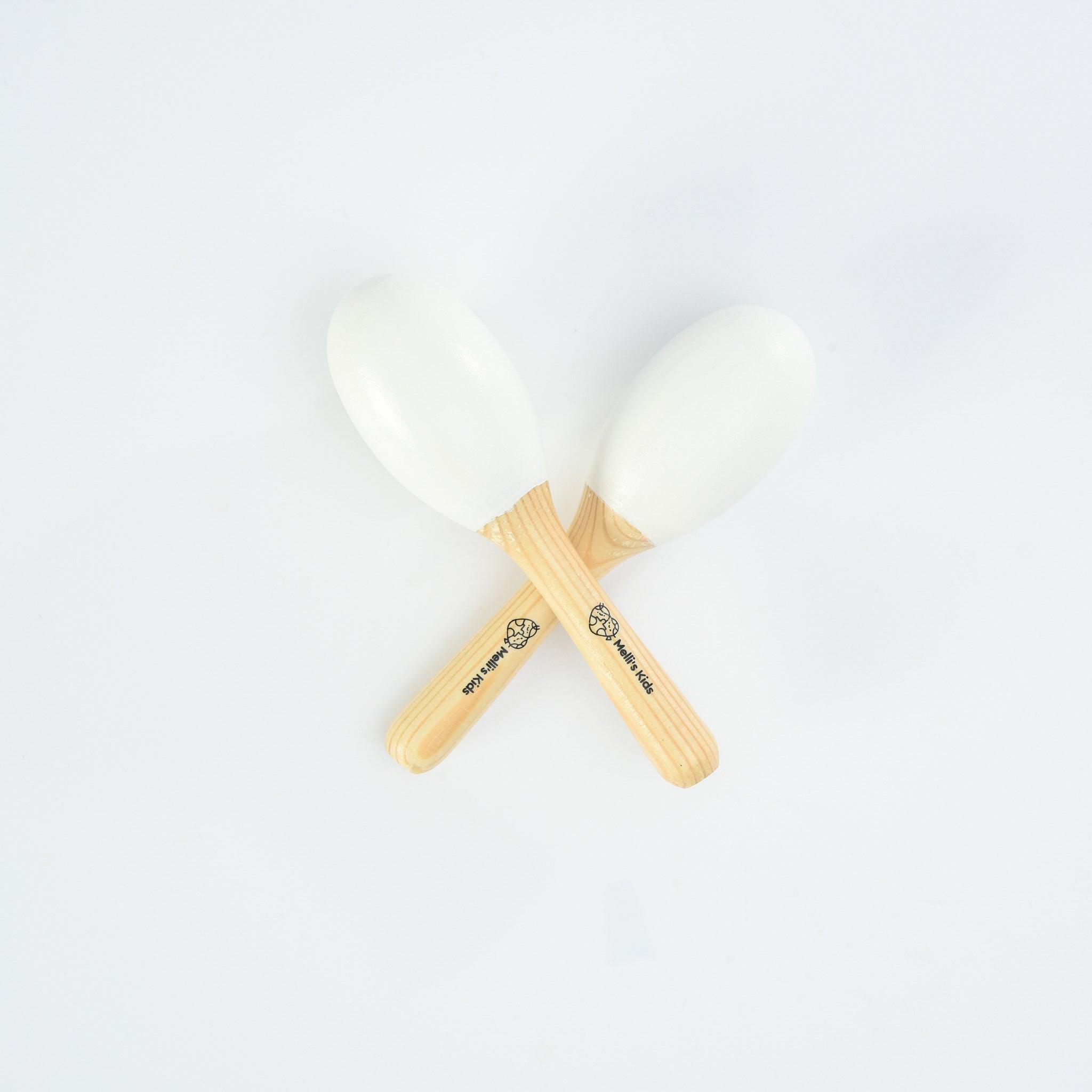The Importance of Fine Motor Skills in Early Years & How To Support Your Child’ Fine Motor Skills Development
What are fine motor skills?
‘Fine motor’ refers to the movement and use of small muscles which control the hand, fingers, and thumb. For example, children use their fine motor muscles to feed themselves, put on shoes, grasp their toys, write their name and more.The Importance of fine motor skills in children’ development in the early years
Daily Activities
Developing good fine motor skills from early years helps children perform important self-care tasks, such as brushing teeth, washing hands, tying shoelaces, buttoning and zipping clothes, drawing, writing, or playing an instrument. Being able to complete self-care and everyday tasks also helps promote children’s self-esteem and confidence.

Independence
Having good fine motor skills also benefits children as it gives them a level of independence. For example, a baby who has good fine motor control can hold his bottle without support from parents or a young toddler can put on shoes by herself. Being independent is vitally important and greatly contributes to your child’s future, happiness, and success.
Concentration
While mastering fine motor skills, children can also improve their hand-eye coordination and concentration. Fine motor skills activities require children to sit still and focus on the task for a period of time. By doing so, children gradually develop their concentration span.
Academic Success
Fine motor development is also essential in helping children excel in their early academic experiences. In particular, children with good pincer and pincher grip are able to learn to write effectively. Having good fine motor skills from early years increases children’s ability to cope with the academic demands of school.

Fine motor skills Milestones by ages
As fine motor development affects many different areas of a child’s life, you as a parent or caregiver should encourage your child to get involved in different activities that support their fine motor skills. The below is the list of fine motor skills Milestones by ages for your considerations. However, this should only be seen as a general guideline as your child’s development path is unique. You should always observe your child’s development levels to find the most suitable and age-appropriate activities for him/her.0-3 months
At birth, most babies have a reflexive grasp, and they start to globally ineffective reach for objects from 3 months. Most 0 to 3-month-old babies can bring their hands to mouth and move their arms. Some of them may swing their arms at toys and start to open their hands.
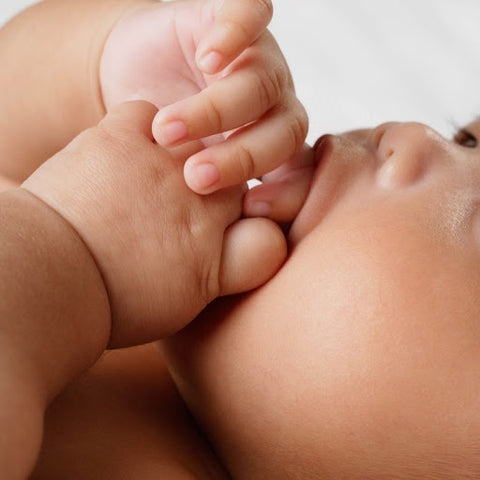
3-6 months
From 3 months old, babies start to develop their voluntary grasp and two handed palmar grasp which are the key first steps in developing their fine motor skills. These skills involve holding small objects in hand or holding hands together. Babies between 3-6 months old can also reach for toys with both hands, push up on arms when on tummy, briefly hold a toy and follow objects with eyes in all directions.6-9 months
Babies around 6-9 months can reach, grasp, bang, and put objects (rattles) in their mouth. They can transfer objects from one hand to the other and start to have the ability to pick up small food.9-12 months
Babies between 9-12 months are able to release an object voluntarily. They can bang two toys together or turn a few pages of a book at a time. They start to pick things up with their pincer grasp, put objects into a container, drop or pick up toys, and point to objects. Up to 12 months, children can stack 2 blocks.
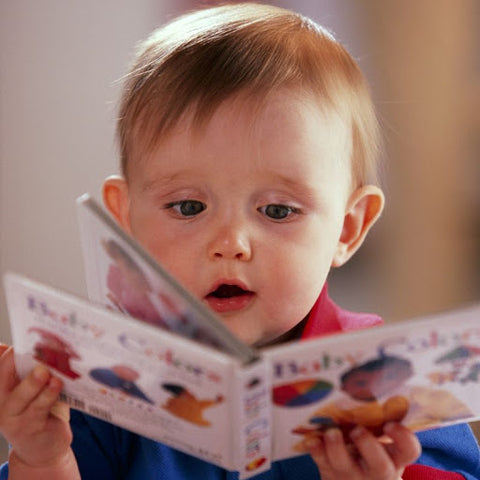
1-2 years
Most children at 1-2 years of age are interested in stacking activities using building blocks and they can build towers of three small blocks. They also learn to put rings on sticks, place pegs on a pegboard, and turn knobs. They can turn pages a few at a time, scribble, paint with their whole arm movement, shift hands and make strokes. Children at this age can also self-feed with little assistance and drink from a cup independently.2-3 years
2-year-old toddlers can start to string beads, snip with scissors, turn single pages of a book. Around this age, toddlers like to draw and can hold crayons with their thumb and fingers instead of their fist to draw. They are able to imitate designs, such as circles or strokes. During most activities, a 2-year-old child can use one hand consistently and paint with their wrists. They also can use their fine motor skills to roll, pound, squeeze and pull playdough. Children at this age are able to use a fork and spoon to feed themselves without assistance from adults.

3 years+
Children from three years old can build taller towers using small building blocks. They can turn single pages in a book. They can also snip paper using paper scissors and fold paper in half. Furthermore, they can manipulate clay materials as they roll balls, make cookies. They can even use their non-dominant hand to assist the use of objects.Best activities and educational toys to strengthen fine motor skills for young children
Here are some simple, fun and engaging activities by ages that you can try at home to support your child’s fine motor skills.1. Fine motor activities for babies
Tummy timeDo you know that you can support your baby to strengthen their muscles from birth? The best exercise for babies to practise their fine motor skills is ‘Tummy Time’ which can start as soon as your baby gets home from hospital. This activity will help strengthen their back, shoulder, arm, and hand muscles and should be included as part of daily routine until your baby is able to crawl.

Holding small objects
From 3 months old, your baby will try holding small objects in hand, therefore, rattles, which are made from safe and non-toxic materials, could be a great choice to support your baby’s fine motor skills and enhance their senses.

Bath time activities
From 6 months old or when your baby can sit independently, bath-time is a fun time to play and learn. Slamming hands, kicking legs, playing with bubbles are great bath-time activities to help improve your baby’s fine motor skills.
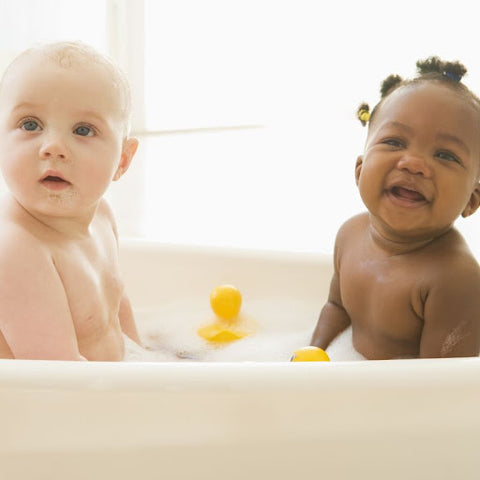
Baby wooden toys
Beside those parts of daily routine, there are some popular eco-friendly toys to entertain and help enhance your baby’s fine motor skills, such as object permanence box, spinning drum, rainmaker, or musical toys.

Melli’s Kids Object Permanence Box

When your baby turns one, stacking toys like rainbow stacker would be a perfect first birthday gift for your little one. Rainbow stacker is a great versatile toy which is suitable for children at all ages, even for adults. It’s a must-have open-ended toy that should be available in every playroom. Rainbow stacker benefits children in many ways and is a great educational tool to help improve young children’s fine motor skills.

Self-feeding
When your baby starts solid food, it’s also a good time to practise their independence and fine motor skills by encouraging your baby to hold food wedges or vegetable sticks and feed themselves.
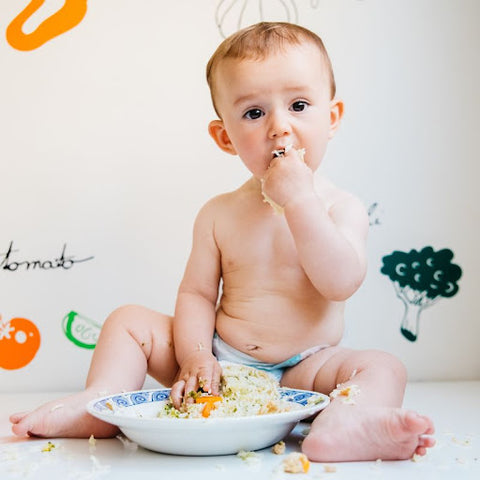
2. Fine motor activities for toddlers and preschoolers
Self-care TasksYour toddlers should be encouraged to participate in different hands-on activities to help refine their fine motor skills and develop hand-eye coordination. They can practise their fine motor skills through everyday activities as self-care routines, such as tying shoelaces, using utensils, brushing hair and teeth.
Sensory materialsPlaying with sensory materials like playdough or slime is also a great way for toddlers to develop their fine motor skills through rolling, squeezing, and cutting. Playdough is an excellent learning tool that is safe and easy to make using some common ingredients available in the kitchen.
PuzzlesDoing puzzles is another great activity that helps promote children’s fine motor skills and hand-eye coordination. These wooden puzzles are popular for this age group as they are customised for their little hands.

Melli’s Kids Wooden Puzzles for Toddlers
Busy BoardsAnother great tool to help strengthen your toddler’s fine motor skills is busy boards. A busy board is a board covered with everyday items, such as laces, light switches, wheels, bells, door knockers and handles, etc. It is normally made of felt material or wood, allowing your toddler to explore and manipulate everyday household items in a fun, safe, and educational way. Playing with these elements on busy boards not only helps young children refine their fine muscles, but also promote their independence level.
You can create a DIY Busy Board for your child but be mindful of any loose parts and toxic materials used and make sure they are well-attached to the board for your child’ safety. Otherwise, you can consider choosing our felt busy board or wooden busy board which are designed and created by professional toy makers, using non-toxic materials and meeting safety standards.

When your toddler is older, block play is one of the best ways to help enhance their fine motor skills. Playing with building blocks is fun as it allows children to use their imagination and creativity to build their own things. While exploring the world through building blocks, children can also refine their motor skills. There are different kinds of building blocks on the market. However, it’s important to understand your child's development stage so that you can find the most suitable building block sets to support your child’s development. The good thing is you can also support our environment by choosing wooden building blocks for your child instead of plastic ones.

For preschoolers, parents can support their fine motor skills by encouraging them to help measure ingredients for cooking. Children at this age love pretend play and this kitchen play set will be an amazing birthday gift for your preschooler.
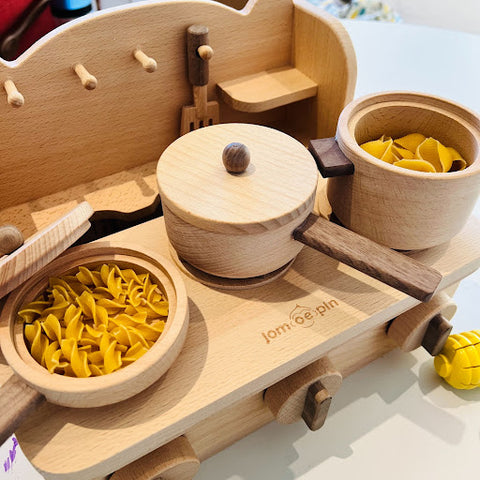
Preschoolers can use child safe scissors to cut out paper for doing crafts. Participating in art activities, such as painting, drawing, and colouring also helps strengthen children’ fine motor skills.

Playing with loose parts like pine cones, acorns, blocks, pebbles, beads, and popsicle sticks also greatly benefits this age group to develop their fine motor skills.
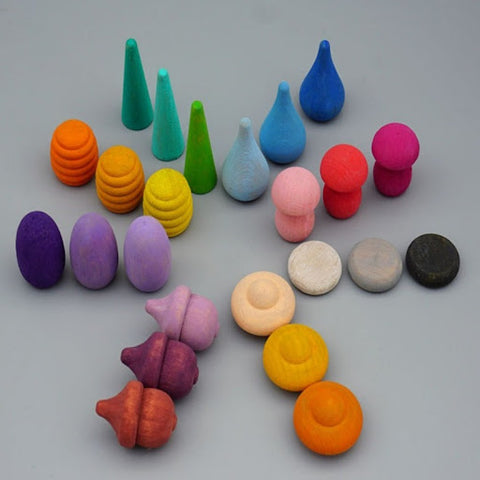
In conclusion, fine motor skills are important and directly affect children’s development and wellbeing. Children learn through play and engaging in play activities also help children gain fundamental skills as a preparation for academic learning. You should support your child’s fine motor development from early years to give your child a solid foundation for their future.
Just a friendly reminder: Melli’s Kids occasionally have a number of beautiful eco-friendly toys on sale so don’t forget to subscribe to be the first person receiving our latest news and offers.

